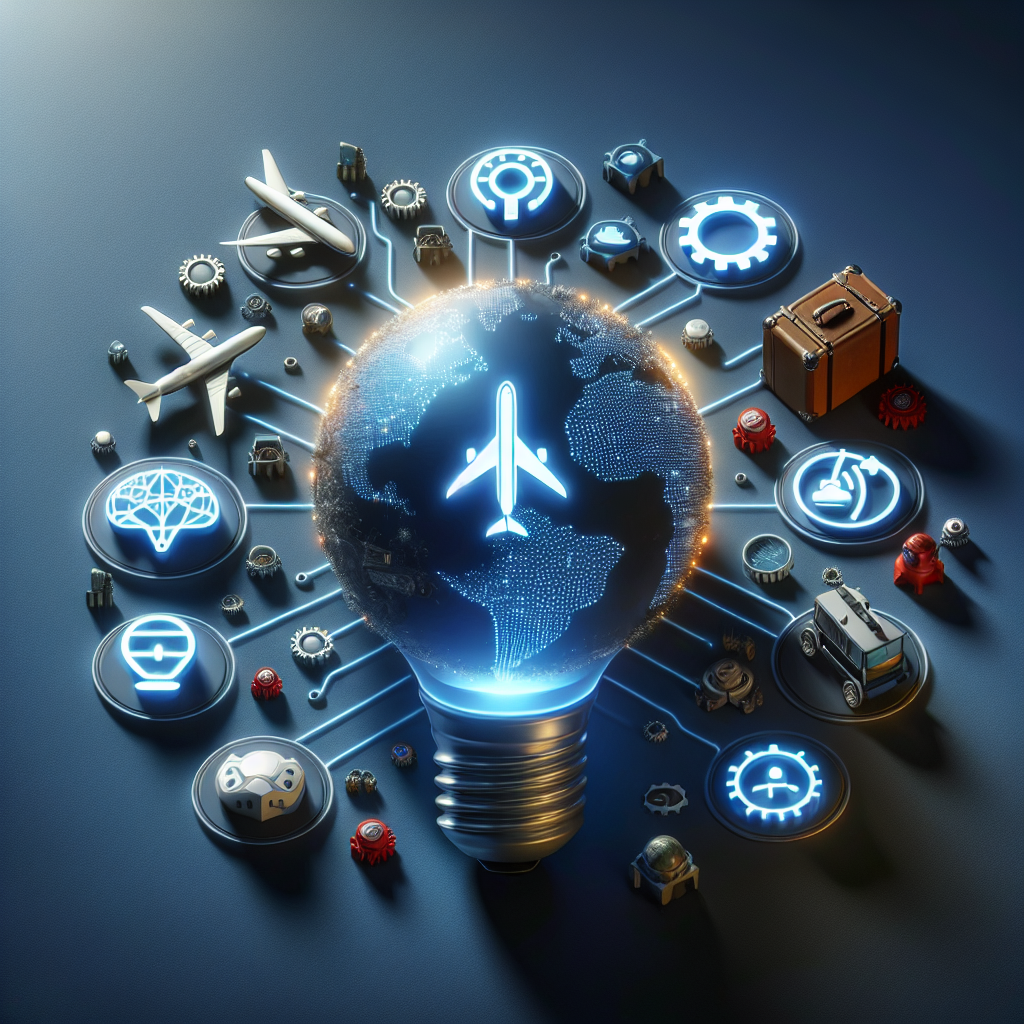Artificial Intelligence (AI) has become an integral part of the travel industry, revolutionizing the way we plan and book our trips. By harnessing the power of machine learning and data analytics, travel companies can now personalize recommendations for their customers, offering a more tailored and seamless experience.
AI Deployment in Travel
Personalizing Recommendations
One of the key benefits of AI deployment in the travel industry is the ability to personalize recommendations for travelers. By analyzing a customer’s past behavior, preferences, and interactions with the company, AI algorithms can create customized recommendations that are more likely to resonate with the individual.
For example, a travel company can use AI to analyze a customer’s booking history, search queries, and social media activity to understand their preferences and interests. Based on this data, the AI system can recommend personalized travel packages, activities, and destinations that are tailored to the customer’s unique preferences.
AI can also be used to enhance the customer experience by providing real-time recommendations and suggestions based on the customer’s current location, weather conditions, and other contextual factors. For example, a travel app can use AI to recommend nearby restaurants, attractions, and activities based on the user’s location and the time of day.
In addition to personalizing recommendations, AI can also help travel companies optimize their pricing strategies, improve customer service, and streamline operations. By analyzing large volumes of data in real time, AI algorithms can identify trends, patterns, and insights that can help companies make more informed decisions and improve their overall performance.
AI Deployment Challenges
While AI offers numerous benefits for the travel industry, there are also several challenges that companies may face when deploying AI technologies. One of the main challenges is ensuring the accuracy and reliability of AI algorithms, as errors or biases in the data can lead to inaccurate recommendations and poor customer experiences.
Another challenge is the need for companies to invest in the necessary infrastructure, talent, and resources to deploy AI effectively. This includes hiring data scientists, engineers, and other experts who can develop and maintain AI algorithms, as well as investing in the technology and tools needed to support AI deployment.
Furthermore, companies must also consider the ethical and privacy implications of using AI in the travel industry. For example, companies must ensure that they are transparent about how they are using customer data and that they are compliant with data protection regulations such as GDPR.
FAQs
Q: How does AI personalize recommendations in the travel industry?
A: AI uses machine learning algorithms to analyze customer data and behavior, such as booking history, search queries, and social media activity, to create personalized recommendations for travelers.
Q: What are some of the benefits of AI deployment in the travel industry?
A: AI can help travel companies personalize recommendations, optimize pricing strategies, improve customer service, and streamline operations.
Q: What are some of the challenges of deploying AI in the travel industry?
A: Challenges include ensuring the accuracy and reliability of AI algorithms, investing in the necessary infrastructure and talent, and addressing ethical and privacy concerns.
Q: How can travel companies ensure the ethical use of AI in their operations?
A: Companies should be transparent about how they are using customer data, ensure compliance with data protection regulations, and prioritize customer privacy and security.
In conclusion, AI deployment in the travel industry has the potential to transform the way we plan and book our trips. By personalizing recommendations, optimizing pricing strategies, and improving customer service, AI can help travel companies enhance the overall customer experience and drive business growth. However, companies must also address the challenges of deploying AI, such as ensuring accuracy and reliability, investing in the necessary resources, and addressing ethical and privacy concerns. With the right approach, AI can revolutionize the travel industry and create a more seamless and personalized experience for travelers.

